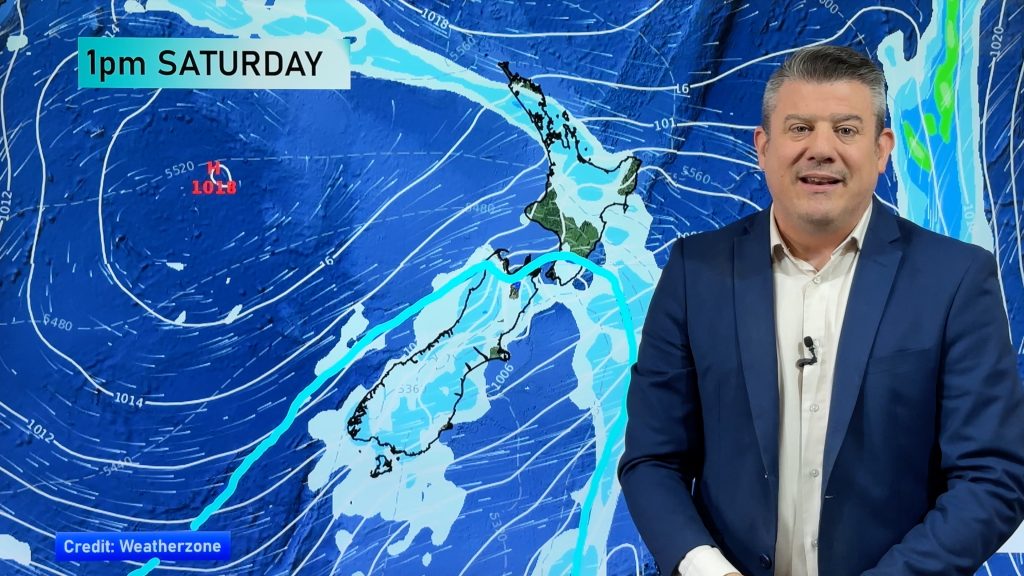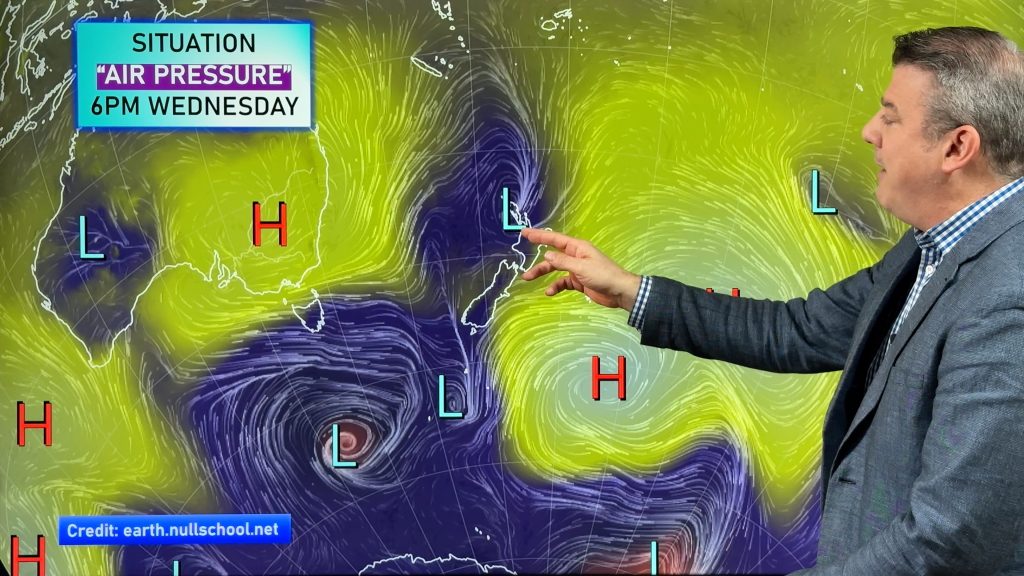Australia: Fewer cyclones expected this Summer & Autumn
22/12/2014 9:00pm

> From the WeatherWatch archives
Australia is likely to experience fewer cyclones than average this season, but the Northern Territory is set for almost an average number, weather forecasters predict.
The Bureau of Meteorology on Monday released its for 2014/15.
Australia as a whole was likely to have fewer cyclones than a typical year, when an average of 11 cyclones are felt in the region with four crossing the coast, the bureau said.
It said there was a 66 per cent chance that there would be fewer tropical cyclones than normal.
But the Northern region, which includes the Northern Territory and parts of Queensland and Western Australia, had only a 54 per cent chance of having fewer than the three tropical cyclones it averages each season.
The eastern region, which encompasses most of Queensland, was also on track for a near average season, which is about four tropical cyclones, while those in the Western region had a 57 per cent chance of a below average number of cyclones, the BOM said.
Duty forecaster with the BOM in Western Australia, Mark Paull, said people needed to remember that the figures related to the numbers of cyclones, not their intensity.
“Any cyclone, even it is is only one, can cause serious damage,” he said.
“It only takes one to make it a bad year.”
Climatologists determined Australia’s cyclone outlook by looking at influences that included the El Nino-like state of the Pacific Ocean and models that suggested a late El Nino for 2014.
During El Nino years Australia typically sees fewer tropical cyclones than usual and fewer land crossings.
The cyclone season in Australia runs from November 1 until April 30 and since records began there has always been at least one tropical cyclone that has crossed the coast each season.
– Weatherzone.com.au/ABC
Comments
Before you add a new comment, take note this story was published on 22 Dec 2014.





Add new comment